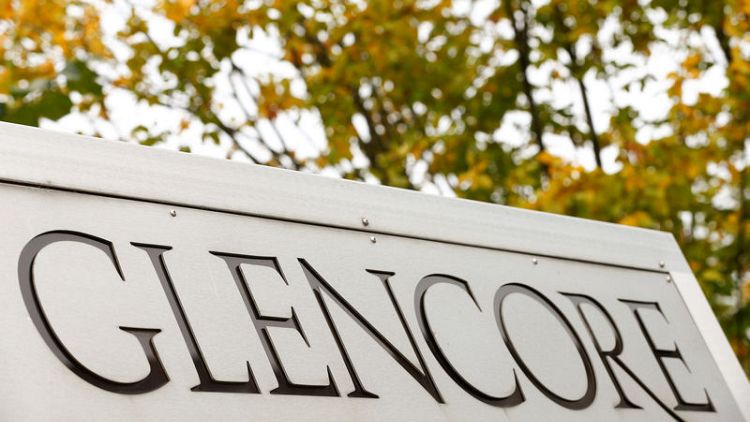SARAJEVO (Reuters) - London-listed miner and commodity trader Glencore <GLEN.L> pulled out of talks on a possible takeover of Bosnia's ailing aluminium smelter Aluminij Mostar on Monday, increasing the risk of its imminent closure, Bosnia's regional energy minister said.
Bosnia's sole smelter and one of its biggest exporters last week threatened to halt production on July 6 unless the government of Bosnia's autonomous Bosniak-Croat Federation helped it stay afloat.
Aluminij has struggled for years with debt accumulated because of high alumina and electricity prices. It said it had managed to stay online since Saturday thanks to an emergency financial injection from a Glencore-led consortium.
However, Nermin Dzindic, the Federation's energy minister, told reporters after a meeting with Glencore representatives that the miner had rejected co-financing Aluminij's electricity costs.
"Glencore has changed its position" Dzindic said.
Glencore declined to comment.
Aluminij's general manager Drazen Pandza said the company, which employs 900 workers, would shut down on July 10, putting at risk some 10,000 jobs, including contractors and those at the aluminium processing firms it supplies.
However, Dzindic also said the government would resume talks with Emirates Global Aluminium (EGA), one of the largest industrial firms in the United Arab Emirates, and another firm which has sent a letter of interest in Aluminij.
Aluminij is 44% owned by the Federation government, with small shareholders holding another 44% and the Croatian government the remainder.
Its total debt amounted to nearly 380 million Bosnian marka ($218.1 million). Of that 280 million marka was owed to the state power utility, EPHZHB, which in June stopped supplying it with power at favourable prices agreed with the government last December.
(Reporting by Maja Zuvela; Additional reporting by Barbara Lewis; Editing by Daria Sito-Sucic and Kirsten Donovan)



